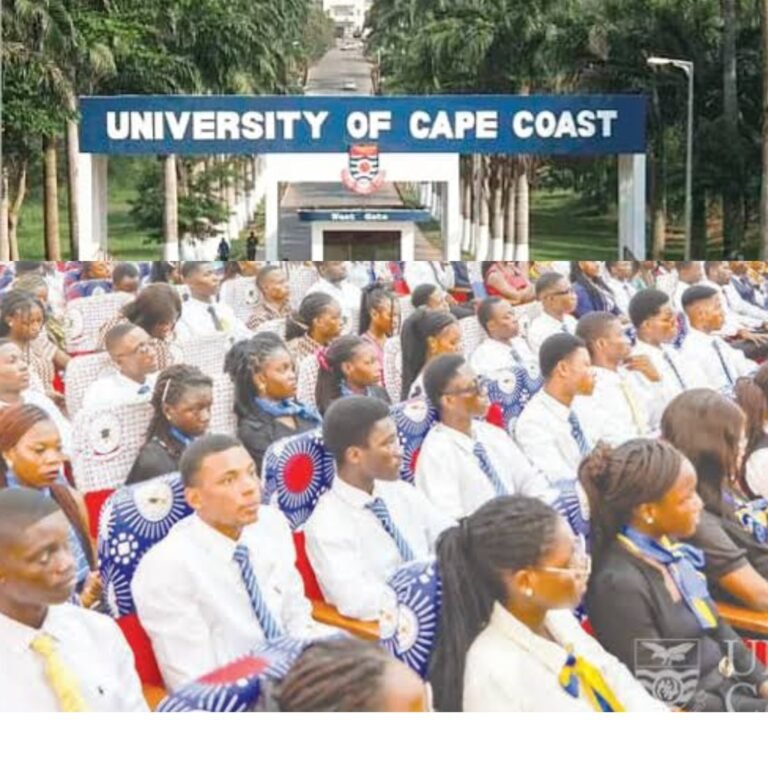
The Private Newspaper Publishers Association of Ghana (PRINPAG) has been active since the early 2000s, having been modestly supported by the New Patriotic Party under the Kufuor administration
Government then had wonderful relations with editors, publishers, the PRINPAG as an association, the electronic media and journalists, for that matter.
As part of its support, government had waved taxes on newsprint for the sector, as laws that were inimical to freedom of the press and the practice of journalism were outlawed.
Fruits
The singular fruits of that manifestation of courageous leadership created an environment in which newspapers flourished, with hundreds finding jobs in the private media, where the opportunities had been largely the state-owned media.
Today, with the space having been captured by the private media, we may admit the essence of the media being an integral part of civil society and veritable partner to enhancement of the good governance space.
While journalists and the media have found huge benefits in physically growing the media space, with free space for training programmes generated by the private sector, including our private universities, genuine concerns have been raised about independence of practitioners and capacity of the industry to retain qualified and competent personnel.
Business-mindedness
If the post-Rawlings political administrations have been more friendlier to journalists than before, we must also admit that tangible support have been more political than policy-oriented, except for some occasional training programmes that had been thrown at journalists in the private sector, after litanies of complaints.
As far as grants for procurement of logistics, or for purposes of expansion are concerned, the excuse has always been about getting media entities to syndicate or merge, though government itself has not taken any steps or initiative to lead engagements into why papers of certain brand should be five or seven points and others three or two.
But the challenge has also been about the typical African entrepreneur who looks at profit, without considering that ingredients like idea, leadership, relevance and vision are what drive sustainability and hope before the rewards come.
So, into almost three decades, we have seen newspapers pop up and flounder, with the same fate befalling other newer papers, without publishers and their political parties and their agents looking at the business angles holistically.
Evidence
We may cite the Enquirer, Catalyst, Palaver, Christian Chronicle, Royal Mail, Defender, Heritage, among others. Even though all these had some initial business support, they eventually had to flounder and fall because they may have been created for some other motives, rather than purely business motives.
Certainly, that poses a threat not only to the industry but also livelihoods of editors and journalists, production staff and even others in the chain, including drivers, marketing staff, accountants and their clerks as well as vendors.
Unfortunately, others in the electronic media had gone that way also because owners and publishers may not have looked beyond the current circumstances.
Looking forward
As the PRINPAG elects new officers today, it is the belief of the Daily Statesman that voters and the new leadership would consider a common business programme and merger possibilities in convincing government of its readiness to sustain productivity and even expand in creating jobs.
On the other hand, we would also, as civil society actors and stakeholders, urge government to involve consultants in how such mergers can be constructed in ensuring that editors and publishers with interests ascribe and stick to business rules like partnerships in accessing such grants.
As far as the Daily Statesman is concerned, this is the way to go in regulating and protecting the industry.
It is also a way of expanding and growing it, together with actors, as the state and non-state actors work together and strive to improve lives and livelihoods across the entire space.
For this to happen, we would like to encourage the people who will be elected to lead PRINPAG to seek creative ways to make the Association more effective and relevant.







